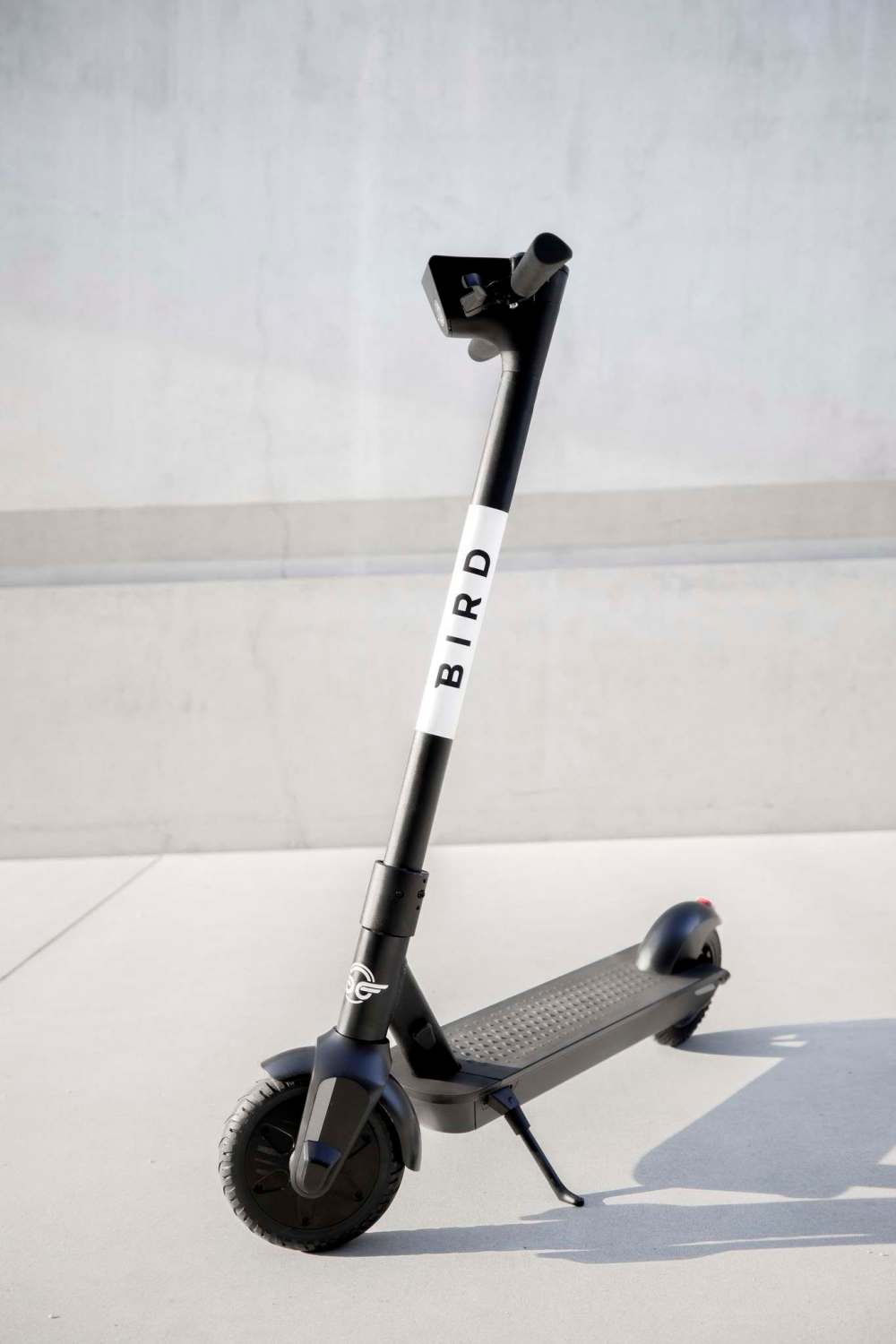Electric scooter company interested in Winnipeg
Advertisement
Read this article for free:
or
Already have an account? Log in here »
To continue reading, please subscribe:
Monthly Digital Subscription
$0 for the first 4 weeks*
- Enjoy unlimited reading on winnipegfreepress.com
- Read the E-Edition, our digital replica newspaper
- Access News Break, our award-winning app
- Play interactive puzzles
*No charge for 4 weeks then price increases to the regular rate of $19.00 plus GST every four weeks. Offer available to new and qualified returning subscribers only. Cancel any time.
Monthly Digital Subscription
$4.75/week*
- Enjoy unlimited reading on winnipegfreepress.com
- Read the E-Edition, our digital replica newspaper
- Access News Break, our award-winning app
- Play interactive puzzles
*Billed as $19 plus GST every four weeks. Cancel any time.
To continue reading, please subscribe:
Add Free Press access to your Brandon Sun subscription for only an additional
$1 for the first 4 weeks*
*Your next subscription payment will increase by $1.00 and you will be charged $16.99 plus GST for four weeks. After four weeks, your payment will increase to $23.99 plus GST every four weeks.
Read unlimited articles for free today:
or
Already have an account? Log in here »
Hey there, time traveller!
This article was published 02/07/2019 (2353 days ago), so information in it may no longer be current.
The CEO of Bird Canada, a new subsidiary of California-based e-scooter company Bird, would love to expand to Winnipeg after it launches in Edmonton and Calgary.
“We’re going to who raised their hands first,” Bird Canada CEO Stewart Lyons said.
“Most provinces need an exemption in their highway traffic act because e-scooters were not thought of when the regulations were drafted.”

Lyons said the company decided to launch in Alberta because it anticipates that exceptions to provincial regulations requested by the cities of Calgary and Edmonton will be granted soon, allowing the e-scooters to be operated on public roads. The company says Kelowna, B.C., will likely be the next city it will operate in.
Lyons said Saskatoon and Charlottetown have also expressed interest, but the company “would love to come to Winnipeg.”
He said the company will put between 500 and 1,000 e-scooters in Calgary. The size of the city dictates the number of scooters it gets.
Generally, electric scooters have been praised as a welcome addition to public transit. Bird Canada customers would be able to use the vehicles at a cost of $1.15 to start and 35 cents per minute after, a rate that Lyons said makes the service competitive with public transit.
Electric scooters, however, have been criticized for cluttering roads and sidewalks and being tossed into waterways. There’s also the potential for injuries and the issue of insurance liability.
Temporary bans have also been placed on companies like Bird in U.S. cities such as Nashville, where a man was killed after being hit by a car. Lyons said the subsidiary company is more focused on safety and doesn’t anticipate any bans in Canada.
In Winnipeg, theft is a concern. The city has a notorious reputation when it comes to bike thefts.
Lyons realizes scooters are easy to carry, so there’s no guarantee that they won’t be stolen. But he said the scooters’ wheels can only be unlocked through the company’s app.
“The wheels won’t move, but you could take it,” Lyons said.
“It could make for a nice doorstop, or something in your garden.”
In February, council’s public works committee voted to direct city staff to spend six months determining how scooter-share and bike-share companies such as Bird can operate here.
A city spokesman said “changes to City of Winnipeg bylaws and policies may be needed to permit firms to share bikes, e-bikes, or other small transportation micro-mobility options.”
Gord Spado of the Winnipeg Police Service’s traffic division said provincial legislation would not allow Bird Canada scooters to be driven in Winnipeg.
Under the Highway Traffic Act, e-scooters would be considered motor vehicles, which means they would have to be driven on roadways. Manitoba Public Insurance said anything specified as a vehicle under the act would need to be licensed and insured.
Spado said, however, that e-scooters “cannot be registered due to the fact they do not have safety equipment, and are not part of any registration class of vehicle. Therefore they cannot be operated on the roadway, under the (Highway Traffic Act).”
He added that, even if the scooters did not have an engine, they could not be driven on roadways because push scooters must be driven on sidewalks.
Spado said only electric bikes can be driven on roads right now because they are listed in the traffic act.
Founded in 2017, Bird has grown to operate in 120 cities, mostly in North America and Europe. Lyons said the company negotiated the exclusive licence to offer device-sharing services in Canada.
nicholas.frew@freepress.mb.ca
Twitter: @n_frew


